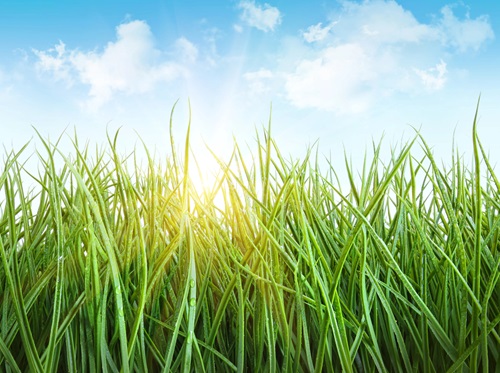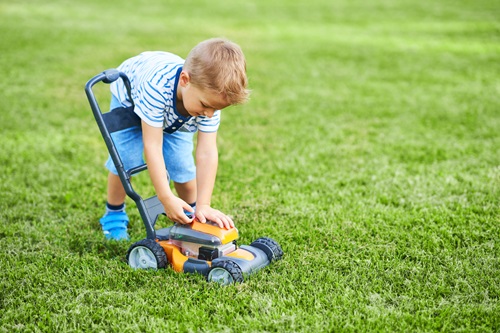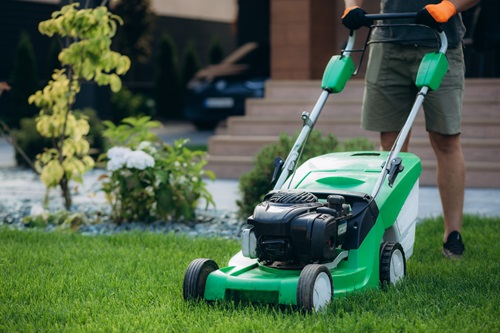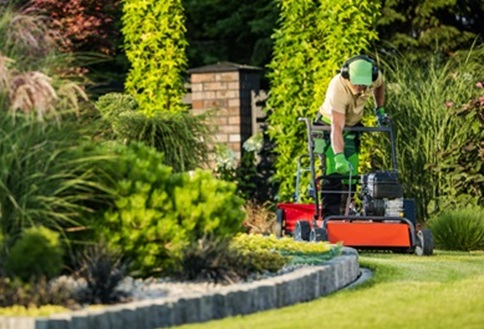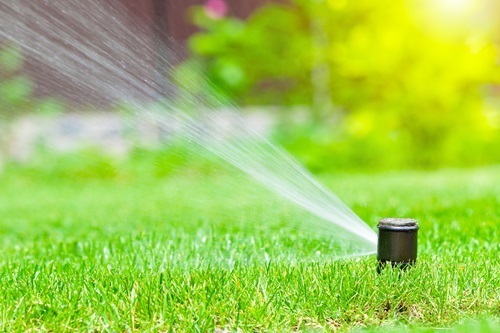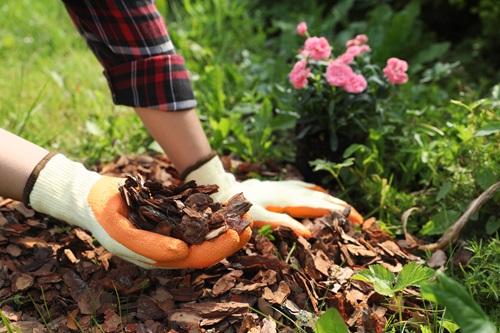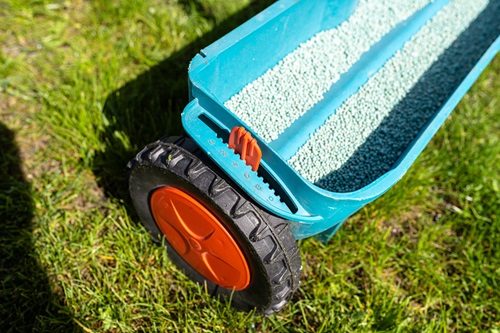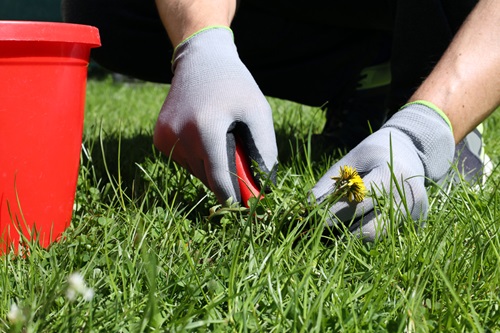
Whether you are an avid gardener or a homeowner, weeds can quickly become your yard’s worst enemy. Despite your best efforts, these persistent plants often find their way back, consuming time and resources that could be better spent elsewhere. Fortunately, we’ve compiled some effective summer weed control tips to help you keep your lawn pristine and weed-free this season.
Weed Control Tips
Start Early: Pre-Emergent Herbicides
To begin with, getting a head start on weed control in Conway SC is crucial. Weeds are annual plants that disperse their seeds in the fall and then die. These seeds remain dormant in the soil until spring, when they germinate. By applying pre-emergent herbicides, you can prevent these seeds from germinating, effectively nipping the problem in the bud. However, it’s important to note that this method only works on seeds, not mature plants.
Maintain a Healthy Lawn
Moreover, a healthy, thick lawn is one of the best defenses against weeds. Weeds require sunlight and warm temperatures to germinate. Therefore, if your lawn has bare spots and is thin, it provides the perfect conditions for weeds to thrive. Following a regular watering and fertilization schedule can help cultivate a lush lawn. A dense carpet of grass stops sunlight from getting to the soil, which prevents weed seeds from germinating.
Additionally, to keep weeds out of your flower beds and around trees, consider applying a few inches of mulch. Mulch blocks sunlight, thus preventing weed seeds from establishing themselves. Incorporating a drip irrigation system can further enhance this method by delivering water directly to your plants, rather than the surrounding weeds.
Water Wisely: Target the Plants, Not the Weeds
Watering is essential for plant growth, but traditional sprinklers often water both your plants and the weeds. Instead, targeted watering methods can help reduce weed growth. Here are a few techniques:
Drip Irrigation: This method involves running a hose through your garden with holes punched at intervals to water only the plants. You can either make these systems yourself or purchase them online.
Flower Pot Method: Place a clay flower pot without holes in your garden, burying it so only a few inches stick up. Plant your vegetables around the pot. Fill the pot with water, which will slowly seep through the clay, hydrating your plants but not the weeds.
Bucket Method: Similar to the flower pot method, use a 5-gallon bucket with holes drilled around the bottom. Cover the bucket to prevent mosquitoes from laying eggs in the water.
Consider Professional Help
Finally, maintaining a weed-free lawn can be a demanding task. If you find yourself overwhelmed, it might be time to call in the professionals. Lawn care experts in Conway SC can offer tailored weed control programs to keep your lawn looking its best throughout the year.
Effective weed control involves a combination of early intervention, maintaining lawn health, strategic mulching, and targeted watering. By implementing these strategies and hiring experts like Conner’s Lawn Care Service, you can enjoy a beautiful, weed-free lawn all summer long.
Ready to tackle those weeds? Contact Conner’s Lawn Care Service today for more tips and professional weed control and lawn care services!
Conner’s Lawn Care Service
Myrtle Beach, SC
843-504-4901
http://connerslawncare.com/

